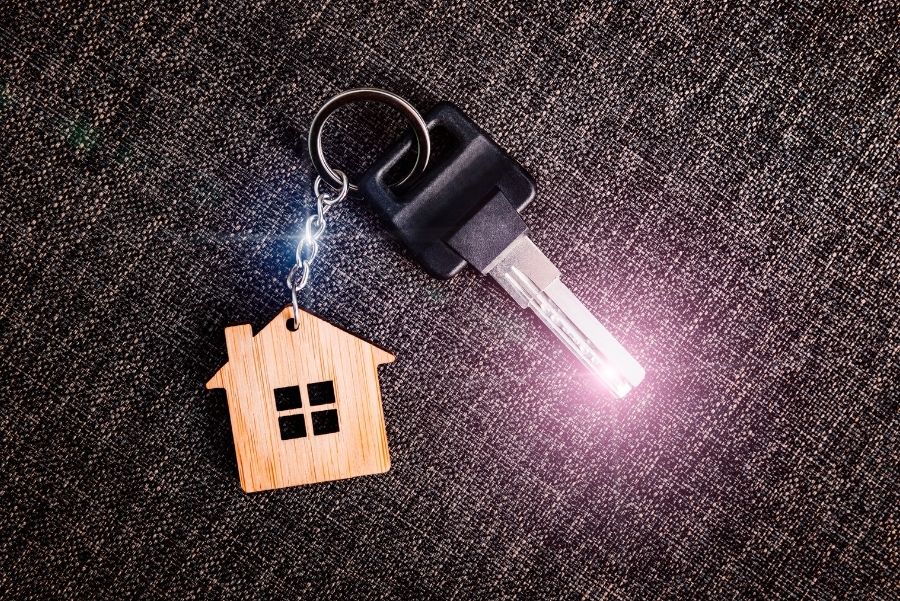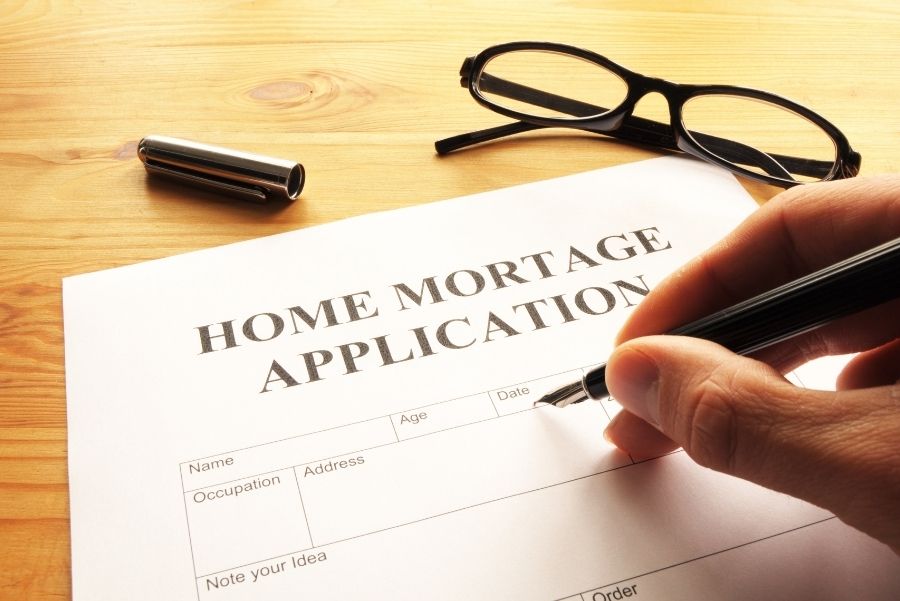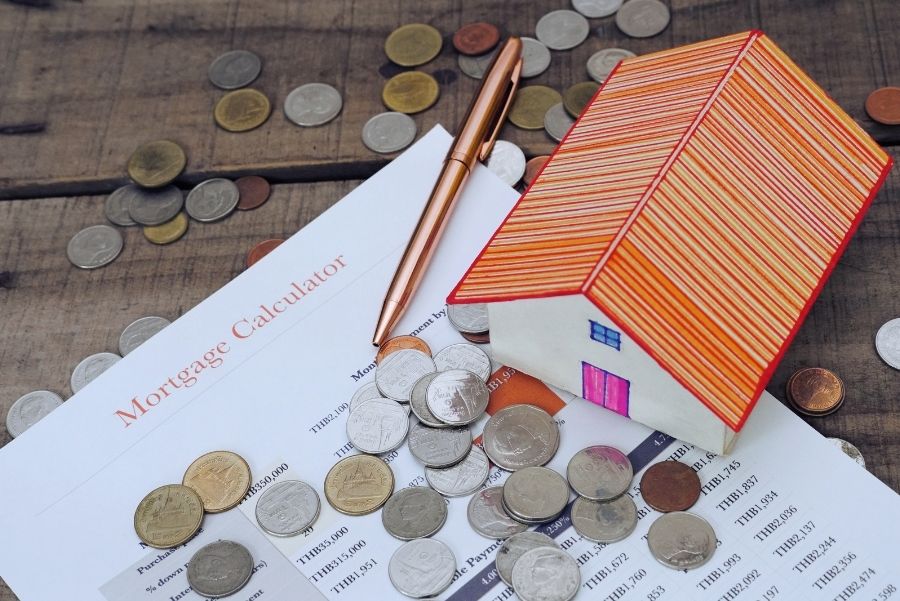Contrary to common opinion, you can still get a mortgage even though your credit is less than perfect. Borrowers with poor credit will also receive mortgage funding by specially adapted services for them. Equally relevant is that credit ratings are not final, so you might be able to boost your score and step towards a higher credit range with a few financial changes.
Which are the ranges of credit score?
Generally, credit ratings vary from 300 to 850. The most important thing to bear in mind as a borrower is, the higher your credit score, the lower your interest rate. However, the credit scores of a lot of borrowers are not usually in the top range:
- Excellent: 961-999
- Sound: 881-960
- Fair: 721-880
- Bad – 571-720
- Very bad: 301-571
It is also possible for homeowners in the last two categories to apply for mortgage aid, but you may have to resort to a government agency.
Is there a credit too low to qualify for a mortgage?
There is no threshold for the credit score that would certainly disqualify you from receiving a mortgage, but the lower the ratings, the more challenging it will be to find a lender to agree to your loan. In general, lenders consider low-credit borrowers as more inclined to fail, ensuring that the lender is less likely to have its money back, including interest. However, each lender assesses loan applicants accordingly. Some will make loans to low credit ratings borrowers, while some will merely pass.
How does bad credit affect you?
When determining whether to accept a loan application and how much interest to charge, lenders review the applicant’s credit ratings. Other variables are often viewed by lenders, including loan-to-value (LTV) and debt-to-income (DTI) ratios, but credit scores are highly significant. For conventional mortgages, borrowers with perfect credit are eligible for the cheapest mortgage rates. Credit scores in the 570s or below will find it more challenging to apply for a loan since such borrowers typically pay a much higher interest rate, which means that the loan would be costlier.






